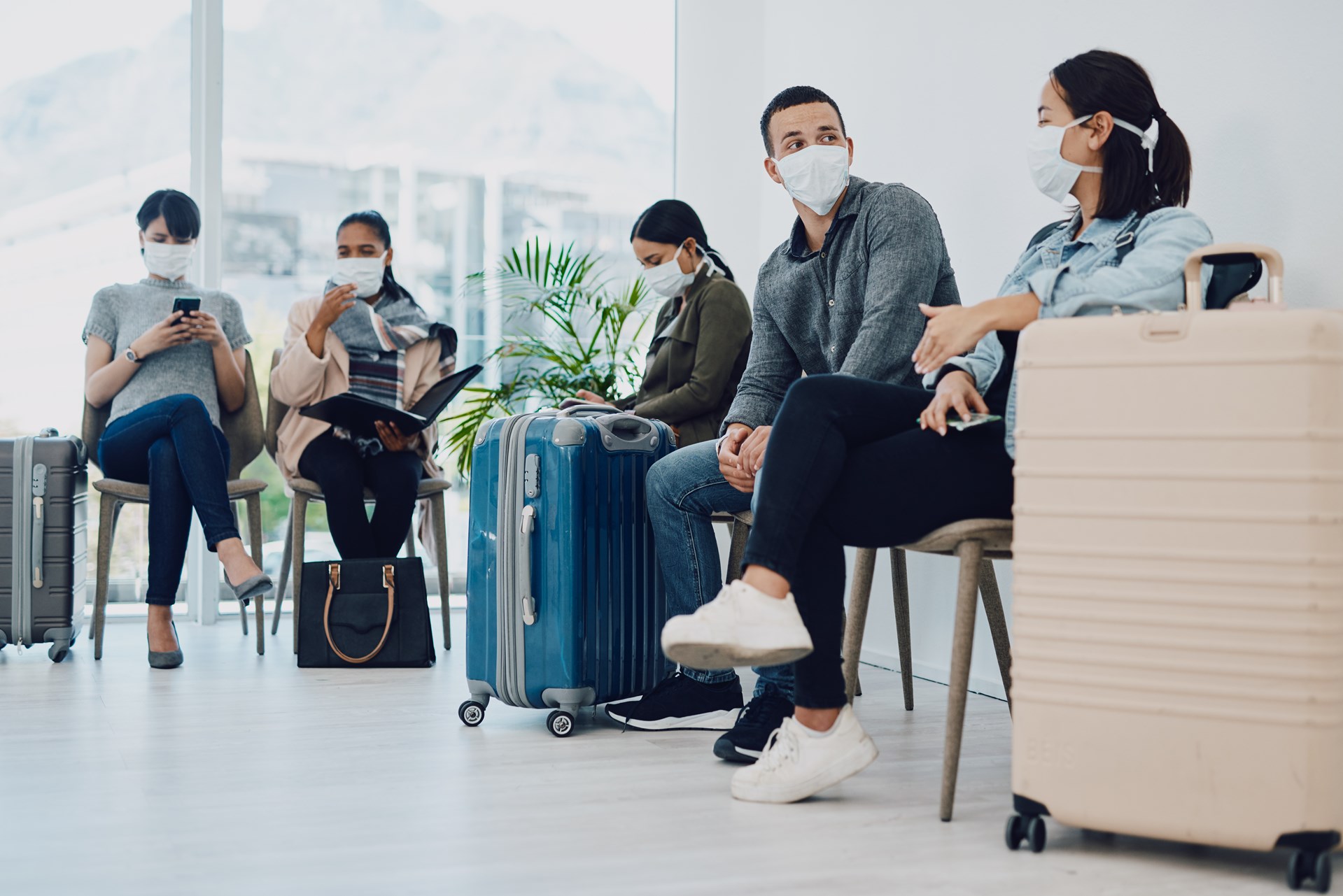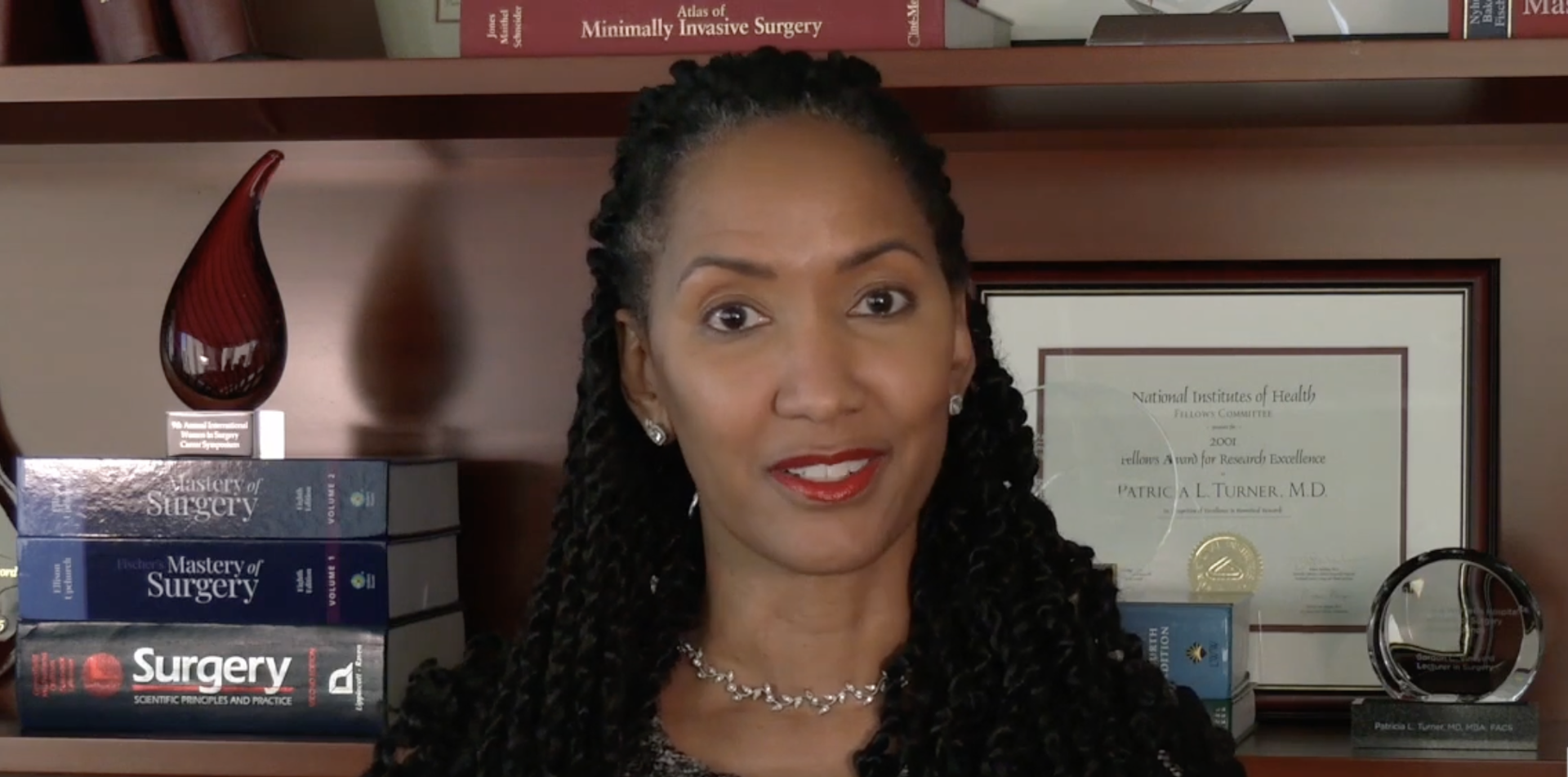Last week, the US Centers for Disease Control and Prevention (CDC) released updated recommendations for the public and communities to protect from respiratory viruses. The new guidance represents a unified approach to addressing risks from a range of common respiratory viral illnesses, such as COVID-19, influenza, and RSV.
Note that these recommendations do not affect healthcare institutions.
The updates come at a time when the CDC and other health entities are seeing fewer hospitalizations and deaths associated with COVID-19 and because of increased access to effective treatment tools.
“Today’s announcement reflects the progress we have made in protecting against severe illness from COVID-19,” said CDC Director Mandy Cohen, MD. “However, we still must use the commonsense solutions we know work to protect ourselves and others from serious illness from respiratory viruses—this includes vaccination, treatment, and staying home when we get sick.”
The CDC provides active recommendations on familiar prevention steps and strategies, including staying up to date with vaccinations; practicing good hygiene; and attempting to encourage cleaner air, such as bringing in more fresh outside air, purifying indoor air, or gathering outdoors.
For COVID-19 specifically, the CDC has removed its strict recommendation that individuals who test positive need to isolate for 5 days. However, once people resume normal activities, they are encouraged to take additional prevention strategies for that same days to curb disease spread, such as taking more steps for cleaner air, enhancing hygiene practices, wearing a well-fitting mask, keeping a distance from others, and/or getting tested for respiratory viruses.
In general, the updated guidance recommends that individuals who have an active respiratory virus stay home and away from others. The recommendations suggest returning to normal activities when, for at least 24 hours, symptoms are improving overall, and if a fever was present, it has been gone without use of a fever-reducing medication.
While every respiratory virus does not act the same, adopting a unified scientific and messaging approach to limiting disease spread makes recommendations easier to follow and thus more likely to be adopted and does not rely on individuals to test for illness.
The updated guidance includes specific sections with additional considerations for people who are at higher risk of severe illness from respiratory viruses.
Read the summary, as well as the CDC’s full guidance.











